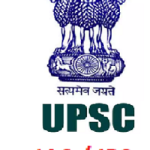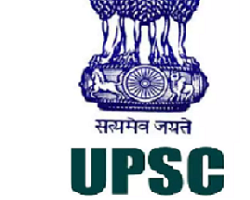Dear Aspirants, who are preparing for UPSC Preliminary Examination (IAS, IFS) can use this Topic wise (Polity Questions in UPSC Prelims (2011- 2023) ). This question papers are taken from UPSC Previous year Exam (2013-2023). This is one of the Important topics of most of the entrance examinations besides one of the best determining factor of our job performance across business industry.
By providing these previous years question papers it is our aim to let you understand the standards and difficulty level of questions that are being raised in Various Entrance Examinations.
Polity Questions in UPSC Prelims (2011- 2023) Part 4
| Topic Name | Polity Questions in UPSC Prelims (2011- 2023) Part 4 |
| No of Questions | 20 |


